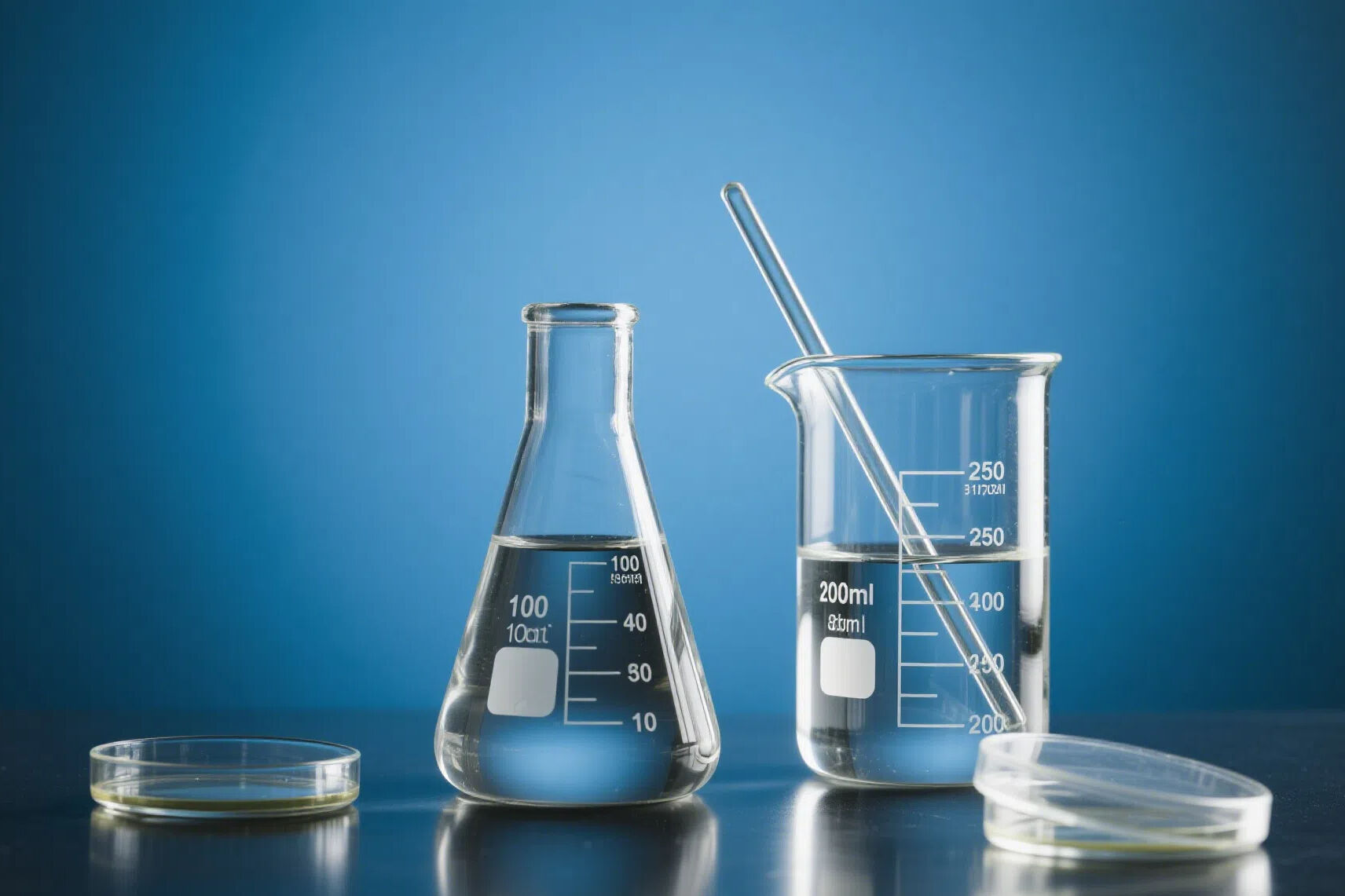El proceso de producción de acrilatos comprende la síntesis de monómeros acrílicos y su posterior polimerización en polímeros o emulsiones, lo que implica un control preciso de las reacciones químicas y los pasos de purificación para garantizar la calidad del producto. Para la producción de monómeros, como el acrilato de 2-etilhexilo (2EHA), el proceso comienza con la esterificación del ácido acrílico y el 2-etilhexanol en presencia de un catalizador (por ejemplo, ácido sulfúrico o un catalizador ácido sólido) bajo condiciones controladas de temperatura y presión. Esta reacción produce 2EHA crudo, que luego se purifica mediante destilación para eliminar los materiales no reaccionados y los subproductos, obteniendo así un monómero de alta pureza (99 % de pureza alcanzado por E Plus Chemical Co., Ltd.). Para las emulsiones de resinas acuosas acrílicas, el proceso de producción implica polimerización en emulsión: los monómeros (como 2EHA, acrilato de metilo y ácido acrílico) se dispersan en agua con tensioactivos para formar micelas, y se añade un iniciador de radicales libres para iniciar la polimerización. La reacción se lleva a cabo en reactores totalmente automatizados, donde se controla con precisión la temperatura, la agitación y las tasas de adición de monómeros para garantizar un tamaño uniforme de partículas y una distribución del peso molecular. Tras la polimerización, la emulsión pasa por pasos de post-tratamiento, incluyendo neutralización para ajustar el pH, filtración para eliminar impurezas y la adición de aditivos (por ejemplo, antiespumantes, biocidas) para mejorar la estabilidad y el rendimiento. Durante todo el proceso de producción, sistemas avanzados de monitoreo registran parámetros clave, y se realizan pruebas de control de calidad en cada etapa para garantizar el cumplimiento de las especificaciones. La cadena industrial integrada de E Plus Chemical, desde la síntesis de monómeros hasta la producción de emulsiones, y el uso de tecnología avanzada de polimerización catalítica permiten una producción eficiente a gran escala con una calidad de producto constante.
